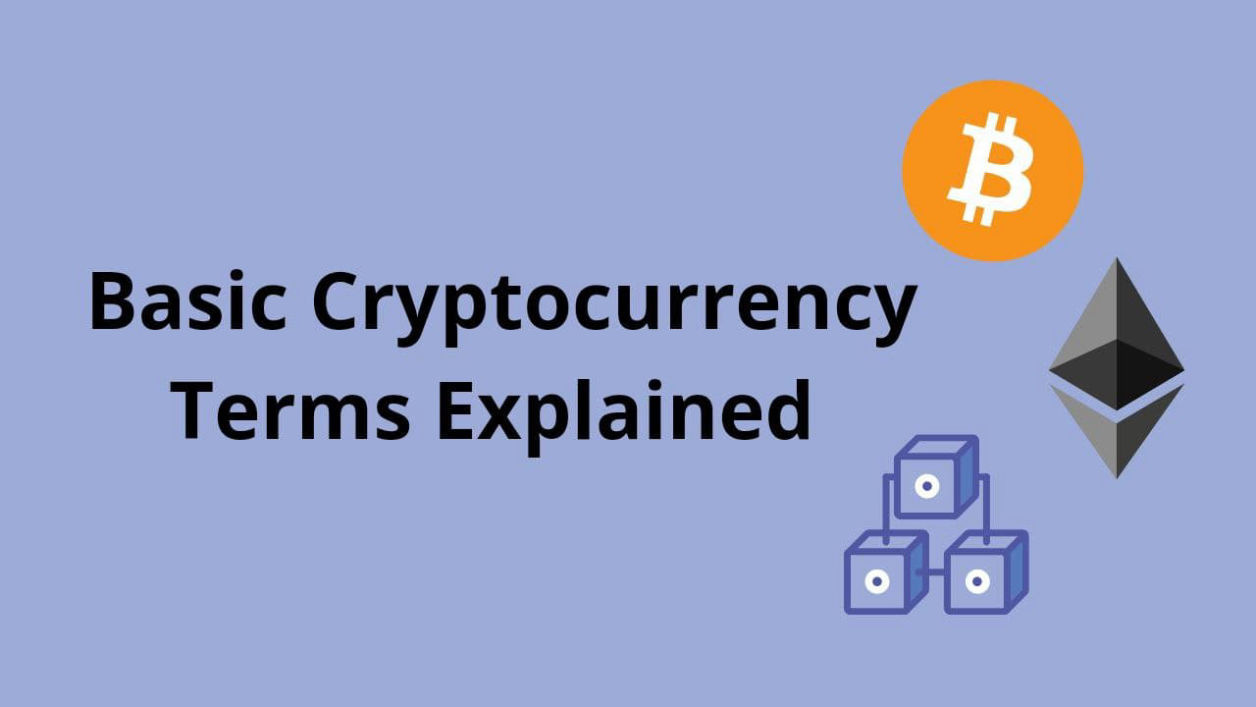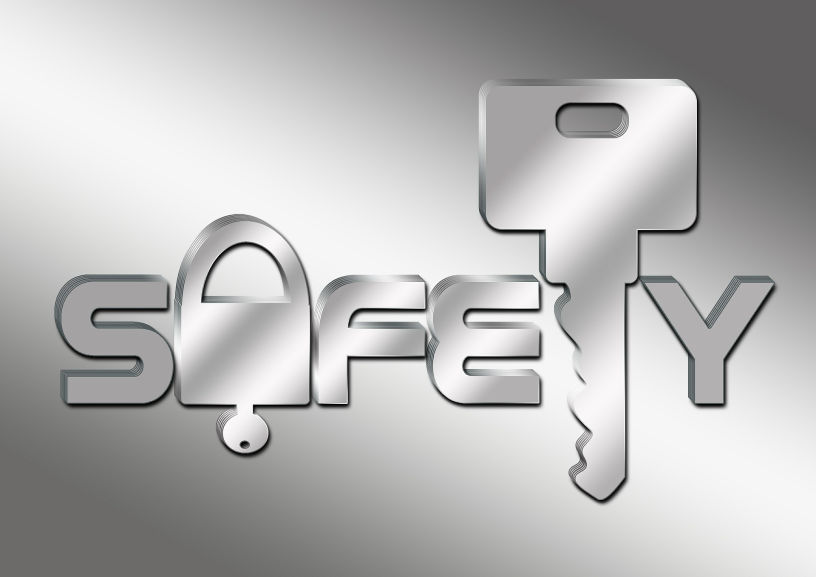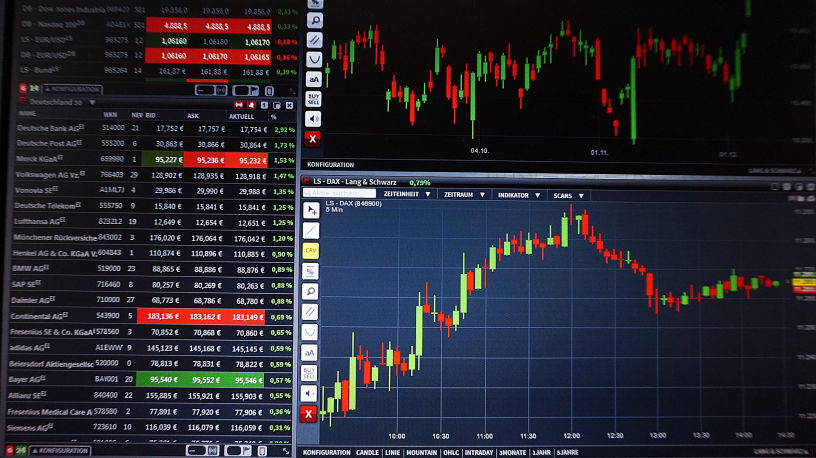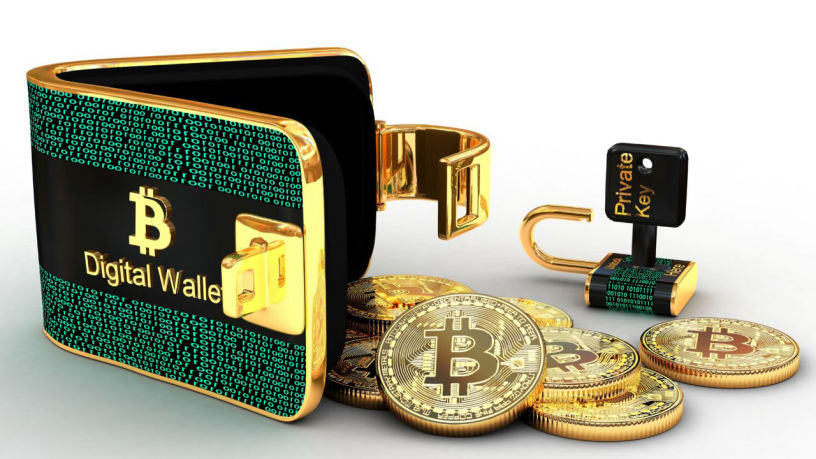BITCOIN FOR NEWBIES
Crypto Terminology
Getting familiar with these terms, will help to shorten your learning curve, and the world of cryptocurrency will make a lot more sense.
You will hear these terms used frequently...

Getting familiar with these terms, will help to shorten your learning curve, and the world of cryptocurrency will make a lot more sense.
You will hear these terms used frequently...

**Cryptocurrency aka Crypto:**
- A digital or virtual form of currency that uses cryptography for security. It operates on a decentralized network of computers all over the world, and is based on blockchain technology. Bitcoin is a prime example of a cryptocurrency.
**Bitcoin:**
Bitcoin is a decentralized digital currency that enables peer-to-peer transactions without the need for intermediaries like banks. It operates on a technology called blockchain, a distributed ledger that records all transactions across a network of computers. Created in 2009 by an unknown person or group using the pseudonym Satoshi Nakamoto, Bitcoin is often referred to as cryptocurrency due to its use of cryptography for security. It allows users to send and receive payments globally, and its finite supply of 21 million coins is programmed to prevent inflation. Bitcoin's value is determined by market demand and supply, and it has gained attention for its potential as a store of value and a decentralized alternative to traditional currencies.
**Bitcoin ETF - Exchange Traded Fund:**
Bitcoin ETFs provide an easier way for investors and large players on wall street to invest in Bitcoin. With an ETF you don't actually own or take possession of your Bitcoin. When you cash out, you get fiat currency, not Bitcoin. There are also brokerage fees and possibly storage fees involved as well. So an ETF may cost more, may not be as potentially profitable as actual ownership, and you never actually take possession of the Bitcoin. It's owned and managed by someone else. Think of it like going to a circle K to buy food, instead of a super market. It's faster, easier and more convenient but there is a trade off. However ETFs do make BTC easier for those who don't want to deal with wallets and self possession.
**Blockchain:**
- The Blockchain is A decentralized and distributed ledger that records all cryptocurrency transactions across a network of thousands of computers, all over the world. It ensures transparency and security by making data highly tamper-resistant. A popular saying in Crypto is "Don't Trust. Verify" and that is what blockchain technology allows us to do.
**Satoshi Nakamoto:**
Satoshi Nakamoto is the name used by the unknown person or persons who developed Bitcoin. Authored the Bitcoin white paper, and created and deployed bitcoin's original implementation in 2008 at the time of the global banking crisis. As part of the implementation, Nakamoto also devised the first blockchain database. He/She/They were active in the early development of bitcoin up until December 2010, when Satoshi mysteriously disappeared and hasn't been heard from since. Blockchain analysts estimate that Nakamoto had mined about one million bitcoins before disappearing in 2010. This would make him the most wealthy person in the world. However the Genesis block remains on the chain, untouched until this day.
**A Satoshi or SAT:**
“Sat” is short for Satoshi. It is the smallest unit of Bitcoin (BTC). One Satoshi (sat) is equal to 0.00000001 BTC (one hundred millionth of a Bitcoin). In other words, there are 100,000,000 satoshis (aka sats) in one Bitcoin. This unit’s name is derived from the creator of Bitcoin, Satoshi Nakamoto. Bitcoin can be subdivided which is why anyone can afford to buy some of it.
**Stacking SATs:*
- The act of accumulating sats (Satoshis) regularly through mining, buying or by earning is called stacking sats. By stacking sats you are basically purchasing small amounts of Bitcoin and holding on to it. When you hear someone in crypto say "I'm stacking sats", it means they are buying small amounts of bitcoin over time and saving them.
**Fiat Currency**
Fiat currency is Government owned and controlled currency that is issued by decree (law). It is backed by nothing other than debt.
**CBDC - Central Bank Digital Currency**
Central Bank Digital Currency. CBDCs are digital currencies like Bitcoin. However unlike Bitcoin, CBDCs are centralized and controlled by central banks, leaving them susceptible to government influence and potential misuse. CBDCs do not offer the same level of transparency, as central authorities could potentially manipulate or control the ledger for various reasons, impacting the trust users place in the currency. CBDCs, being under the control and authority of central banks, could also be subject to censorship, limiting the financial freedom of individuals.
**Exchange:**
An online platform where users can buy, sell, and trade cryptocurrencies. Examples include River, Coinbase, Binance, and Kraken, to name just a few. I cover crypto exchanges in more detail in step #2 of my 3 step system for Bitcoin newbies.
**KYC (Know Your Customer:**
The Know Your Customer (KYC) rule requires financial institutions to verify customer identities to prevent fraud and terrorism. This means when you establish an account with an Exchange, they will require a photocopy of the front and back of your drivers license. Possibly a current photo, your social security number and of course if you are going to buy Bitcoin, they will need your bank information (account and routing numbers etc).
**HODL:**
- HODL means "Hold On Don't Liquidate". It refers to an investor who buys and holds a currency for long term gains.
**DCA (Dollar Cost Averaging) **
Dollar Cost Averaging is a time tested, proven method for maximizing gains in the crypto industry. You set an autopayment to buy specific amounts of Bitcoin on specific dates, regardless of the price of the crypto. Example: 10% of my paycheck automatically buys Bitcoin on the 15th and the 1st of each month.
**FOMO (Fear Of Missing Out):**
This is an irrational, emotional state driven by fear or greed that often causes an investor to violate their system and make unwise buying or selling choices.
**FUD (Fear, Uncertainty and Doubt):**
Typically takes the form of media propaganda to drive emotional selling.
**Crypto Wallet:** (two types - Hot or Cold)
- A crypto currency wallet is a digital hardware or software tool that allows users to own, store, manage, and transfer their cryptocurrencies.
- Hot Wallets are online (web-based) and easier to hack than Cold Wallets.
- Cold Wallets are offline (hardware or paper wallets), and can't be hacked since they aren't connected to the Internet. They can also be software-based (desktop or mobile applications) that are "air gapped" to prevent Internet hacking.
- "Air gapping" is a technology that prevents the Internet from accessing critical areas of your wallet when your wallet communicates with the Internet.
NOTICE: The only thing you need to know about wallets is that a Cold Wallet is more secure than a Hot Wallet. So choose, and use a Cold Wallet to store your crypto in!
**Private Key:**
- A cryptographic key that is known only to the owner of a cryptocurrency wallet. It allows the owner to access and control the crypto associated with the wallet. Never divulge your private key.
**Public Key:**
- A cryptographic key that is shared publicly and used to generate a unique address for receiving cryptocurrencies. Funds can be sent to this address. The only thing a person can do with your public key is send you crypto.
**Not Your Keys Not Your Crypto:**
This is a famous motto in the cryptocurrency industry. What this means is if you aren't holding your crypto in your own wallet using your private key, you don't own it. Someone else does. Another well known crypto motto is "don't trust. verify".
**Address:**
- A unique string of characters that represents the destination for a cryptocurrency transaction. It is derived from the public key.
**Mining:**
- The process by which new cryptocurrency coins are created and added to the circulating supply. It involves solving complex mathematical problems using computational power.
**Altcoin:**
- Any cryptocurrency other than Bitcoin. Examples include Ethereum, Ripple, Litecoin, and many others. Many of which are also referred to as "Shit Coins".
**Decentralized Finance (DeFi):**
- A movement that aims to recreate traditional financial systems (e.g., lending, borrowing, trading) using blockchain and cryptocurrency, without traditional intermediaries like banks. This is done via the blockchain.
These are just some of the many terms associated with the world of cryptocurrency. The industry is continually evolving, and new terms may emerge over time.

Before you sign up for an exchange, it's important to take the necessary steps to protect your browsing and email communications against trackers, hackers and theives. It's not difficult. Here's how...

Once your browser and email privacy is secured, you will select an exchange where you can buy, sell, send and receive Bitcoin. Here is the one I recommend for newcomers. It's easy, fast, economical, safe and secure...

It's very important NOT to keep your Bitcoin on an exchange. You want to store your Bitcoin in a secure, COLD wallet. Here are the two easiest options for newbies. Bitcoin is "Digital Gold". It's important to treat is like such...